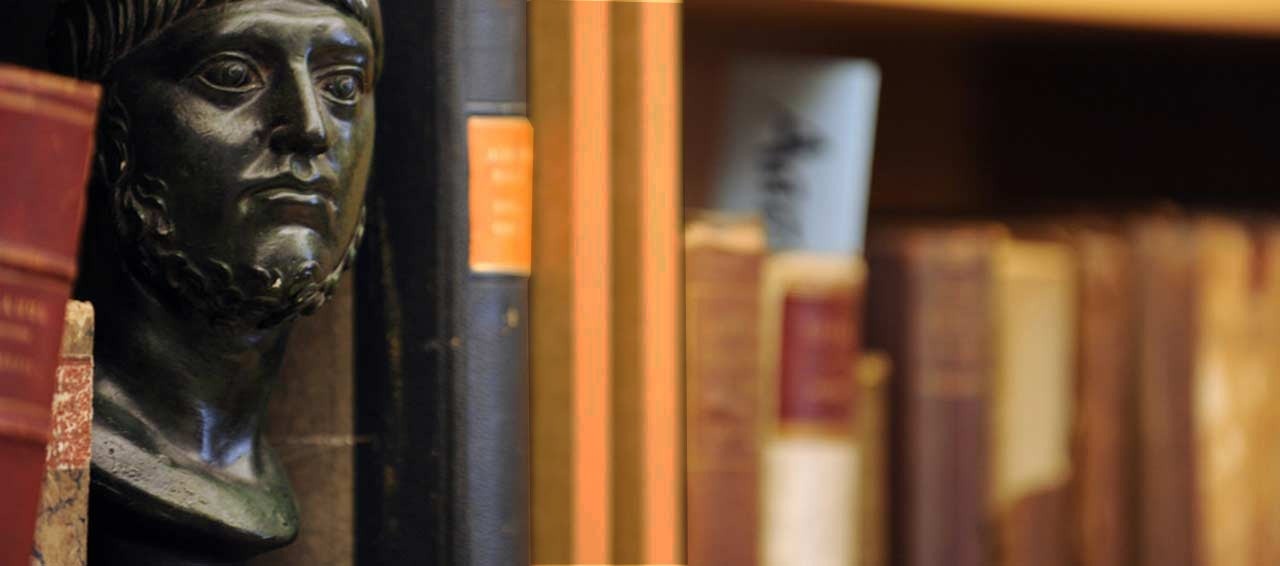Certificate in Indigenous Studies
This certificate is open to currently registered ║┌┴¤│ď╣¤═°students in all Faculties; it will not be open for direct application (you may contact the Registrar's Office to request addition of this certificate to your degree).
The Certificate in Indigenous Studies offers ║┌┴¤│ď╣¤═°students and community members a chance to enrich their understanding of the Indigenous peoples of Turtle Island (North America).
Learning from Elders, scholars, and other knowledge holders, including people with lived experience in the field of Indigenous Studies, you will gain a deeper understanding of Indigenous teachings and knowledge systems; of historical and contemporary perspectives on topics including treaties, residential schools, land and resources; and of the purpose, objectives, and application╠ř of the Calls to Action on the Truth and Reconciliation Commission of Canada.
A Certificate in Indigenous Studies can help to prepare you for work in Indigenous governance, land claim negotiations, politics, research, teaching, resource development, and more.
Requirements
- INDG/CANA 2050/HIST 2205.03, Historical Issues in Indigenous Studies
- INDG/CANA/SOSA 2052.03, Contemporary Issues in Indigenous Studies
+ Choose one of the following three courses:
╠ř
- INDG/CANA 3050.03, Indigenous Research Methodology & Knowledge Practices
- INDG/CANA /SOSA 3052.03, Indigenous Social, Health, and Environmental Issues
- IPHE 2201.03, Introduction to Aboriginal PeoplesÔÇÖ Health and Healing
Learning outcomes
- Students will become familiar with Indigenous perspectives on historical and contemporary political, social, and economic issues.
- Students will learn about the history of the Indian Residential School system and the implications of the Truth and Reconciliation Commission of CanadaÔÇÖs Calls to Action.
- Students will become familiar with Indigenous models of research and ways of thinking, knowing, and being.
- Students will gain competence in the protocols of working respectfully and effectively with Indigenous groups or in Indigenous communities.╠ř
Questions? Contact INDG@dal.ca.
